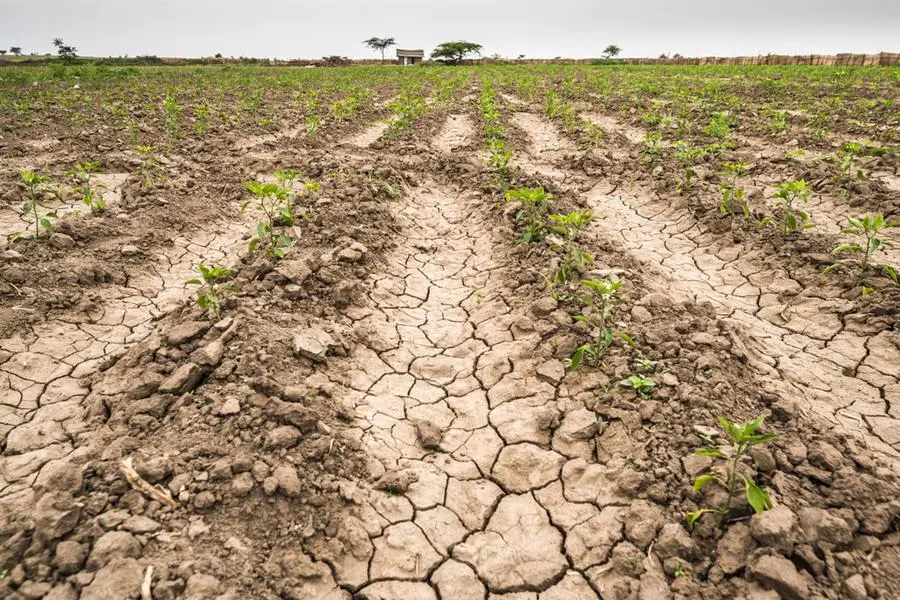PHOTO
Somalia has marked important milestones in rebuilding its economy and normalizing relations with international financial institutions, over the past five years. However, IMF’s 2016 IV consultation shows that impact of drought in Somalia will decelerate its economic growth from 3.4 percent to 2.5 percent.
In 2012, Somalia emerged from nearly two decades of civil war. However, the post-war social and economic conditions remain difficult, poverty is widespread, and more than half of the working-age population is unemployed. The Federal Government of Somalia (FGS), elected and recognized by the international community in 2012, continues to face weak institutional capacity, fragile security, and complex clan politics which complicate economic reconstruction. With donors’ support, progress is being made in the FGS’s efforts to improve security, capacity development, and state building.
The IMF Managing Director approved a Staff-Monitored Program (SMP) in 2016, covering the period May 2016 through April 2017. The SMP aims to help Somalia’s economic reconstruction efforts and focuses on reforms to strengthen macroeconomic policy management, economic governance, and institutional capacity. Given Somalia’s weak administrative capacity, technical assistance is an integral part of the program.
Despite a very difficult political environment, the FGS continues to make significant efforts toward restoring its key economic and financial institutions. The government approved a public financial management (PFM) law, initiated electronic payments of civil service and police wages, submitted the 2015 financial statements of the FGS to the auditor general, approved the 2016–20 PFM reform action plan, and adopted a draft National Development Plan (NDP). In connection with the authorities’ currency reform plan, the Central Bank of Somalia (CBS) was recently reconstituted and has since fully staffed its cash management department, prepared a draft anti-counterfeit strategy, and adopted a detailed roadmap for currency reform. In addition, an external audit of the CBS’s 2014 financial statement was completed.
The Somali economy is expected to continue to be sustained by donors’ grants, remittances, and foreign direct investment, mostly by the Somali diaspora. Economic activity is projected to decelerate in 2016–17. Growth is projected to be 3.4 percent and 2.5 percent in 2016 and 2017, respectively. The deceleration in growth mainly reflects the impact of the drought in Somalia on the agriculture sector, which will be partially offset by activities in the construction, telecommunications, and service sectors. Meanwhile, inflation is estimated to be 1.5 percent in 2016 and projected to pick up to 2.7 percent in 2017. The annual trade deficit during 2014–15 was about 55.5 percent of GDP and was largely financed by remittances and grants.
Going forward, the FGS will continue to implement measures to improve the fiscal framework, raise tax revenue, and implement structural reforms. The authorities plan to revise their National Development Plan, allowing it to become the FGS’s key development policy tool.





















